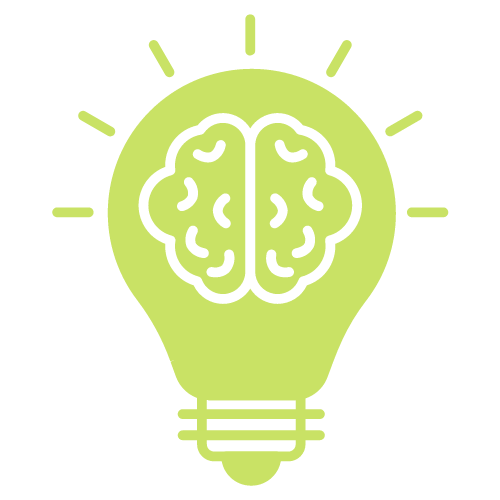Twitter intende riaprire alla pubblicità politica dopo che nel 2019 aveva deciso di vietare la maggior parte degli annunci politici. Nelle prossime settimane, la società “allineerà la politica pubblicitaria a quella della TV e di altri media”, secondo alcuni tweet dell’account Twitter Safety, a riprova che Elon Musk sta intervenendo anche su questo tipo di business in discontinuità con le precedenti politiche della piattaforma, che avevano messo al bando gli annunci di candidati, partiti politici o funzionari governativi eletti o nominati.
È da leggere la comunicazione con la quale lo scorso 22 dicembre il Segretario di Stato per gli Interni e le Relazioni con il Regno olandese ha informato il Parlamento della politica che il Governo intende implementare in fatto di regolamentazione e vigilanza sugli algoritmi di intelligenza artificiale utilizzati da soggetti pubblici e privati in attesa del varo del Regolamento europeo. Al centro della nuova politica l’attribuzione all’autorità olandese per la protezione dei dati, Autoriteit Persoonsgegevens del ruolo di “supervisore degli algoritmi” con il compito di vigilare direttamente sull’utilizzo crescente di dati personali ai fini dell’adozione di decisioni – anche pubbliche – automatizzate e di promuovere forme di cooperazione con le altre Autorità di settore negli ambiti di specifica competenza di ciascuna. Il Segretario di Stato ha, tra l’altro, anticipato la messa a disposizione del Garante olandese di adeguate risorse economiche in maniera progressiva tra quest’anno e il 2026, quando è previsto il completamento dell’implementazione della nuova strategia. Si tratta, probabilmente, di un esempio da imitare.
Milioni di giocattoli regalati nel Natale appena passato dai genitori, parenti e amici ai più piccoli sono “intelligenti”, smart, come in genere si dice e, quindi, nella più parte dei casi, connessi a Internet, spesso attraverso smartphone e tablet.
Tutto questo li rende, naturalmente, straordinariamente affascinanti per i più piccoli.
È un sogno o un incubo? L’uno o l’altro, a seconda dei casi ma anche a seconda di come i più grandi regolano le impostazioni dei giocattoli in questione, tra l’altro, decidendo quali e quanti dati personali possono e devono condividere.
In un bellissimo articolo che tutti i genitori dovrebbero leggere, Wired spiega come fare in modo che il nuovo giocattolo sia più simile possibile a un sogno per il nostro bambino e il meno simile possibile a un incubo.
ENGLISH TRANSLATION
Twitter plans to reopen to political advertising after it decided to ban most political ads in 2019. In the coming weeks, the company will “align its advertising policy with that of TV and other media,” according to some tweets from the Twitter Safety account, proving that Elon Musk is also taking action on this type of business in discontinuity with the platform’s previous policies, which had banned ads from candidates, political parties, or elected or appointed government officials.
It is worth reading the communication in which the Dutch Secretary of State for the Interior and Kingdom Relations informed Parliament last Dec. 22 of the policy that the government intends to implement regarding the regulation and supervision of artificial intelligence algorithms used by public and private entities pending the enactment of European regulations. At the center of the new policy is the assignment to the Dutch data protection authority, Autoriteit Persoonsgegevens, of the role of “supervisor of algorithms” with the task of directly supervising the increasing use of personal data for the purpose of automated decision-making – including public decision-making – and promoting forms of cooperation with other sector authorities in the areas of specific competence of each. The Secretary of State has, among other things, anticipated the provision of adequate economic resources to the Dutch Data Protection Authority in a progressive manner between this year and 2026, when the implementation of the new strategy is scheduled to be completed. This is probably an example to be imitated.
Millions of toys given in the Christmas just past by parents, relatives and friends to the little ones are “smart,” smart, as they are generally called and, therefore, in most cases, connected to the Internet, often through smartphones and tablets.
All this makes them, of course, extraordinarily fascinating for the little ones.
Is it a dream or a nightmare? One or the other, depending on the case but also depending on how the older ones adjust the settings of the toys in question, among other things, deciding what and how much personal data they can and should share.
In an important article that all parents should read, Wired explains how to make sure that the new toy is as much like a dream for our child as possible and as little like a nightmare as possible.



